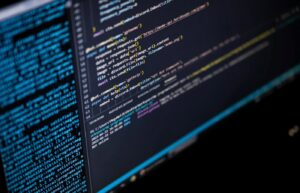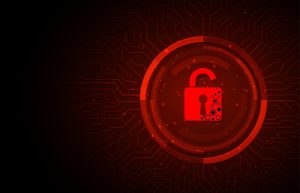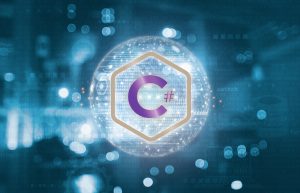Comcast contributed $100,000, 1,000 laptops, and free internet for a year to students and families in need who live in the Northern California city.

Image: iStock/Inside Creative House
In an announcement on Thursday afternoon, Comcast said its large donation to the City of Oakland Parks, Recreation and Youth Development in Oakland, California is part of its “ongoing commitment” to help connect low-income students and families to the internet “so they can fully participate in educational opportunities and the digital economy.”
In addition to providing free Wi-Fi at the various Lift Zone locations, Comcast contributed $100,000 to 20 of the city’s parks department and gave 1,000 students their own free laptop computers and free internet at home for 12 months (to eligible families) through its Internet Essentials program.
SEE: COVID-19 workplace policy (TechRepublic Premium)
The pandemic shed light on the need for comprehensive digital equity. When COVID-19 sent most students worldwide to learn remotely, there was a segment of the population that did not receive the attention or concern they needed. Many low-income students did not readily have internet and easy computer access. Not only have many disadvantaged families struggled to work and home-school, but adults are often still expected to go to work on premises and are reluctant to leave their children at home.
The city was appropriately cited as fitting for Comcast’s program. Oakland, adjacent to hip and upscale Berkeley, has had a troubled past and battles negative perceptions. Crime spiked during the pandemic and had the worst homicide rate in seven years in the city, which is locally and colloquially referred to as “The Town.” (San Francisco is referred to as “The City” by Bay Area locals.) Yet Oakland remains rich in Black history: It was the site of the first all-Black labor unions (Pullman porters), and is where the Black Panthers were founded.
“We’re thrilled to partner with the City of Oakland Parks and Recreation to install free Wi-Fi and provide digital skills training to ensure students can stay connected with their schools during this challenging time,” said John Gauder, regional senior vice president of Comcast California, in a press release.
Olympic Gold Medal swimmer Simone Ashley Manuel appeared at the virtual event announcing the donations. The heavily lauded Manuel, who attended Stanford University across the bay, addressed Oakland students and stressed the importance of pursuing dreams and persevering in the face of seeming adversity.
SEE: Juggling remote work with kids’ education is a mammoth task. Here’s how employers can help (free PDF) (TechRepublic)
Lift Zones are Comcast’s multi-year program to launch more than 1,000 Wi-Fi-connected zones in community centers across the United States to help students get online, participate in distance learning, as well as do their homework. In addition to free hotspot connectivity, students will be provided with access to hundreds of hours of educational and digital skills content to help with online learning.
Its Internet Essentials program, which launched in 2011 has connected more than 8 million low-income people to the internet in their homes and donated “tens of thousands of free laptops” across the country. Comcast has invested $700 million in digital literacy, skills training and awareness programs that have reached 11 million people.
“When evaluating where to implement LiftZones, Comcast works with elected officials, city leaders, non-profits and community partners who help identify sites where they think we can make the most impact,” said Lorena Hernandez, director community impact, Comcast California. “In the near term, we are focused on connecting K-12 students who need Internet access to participate in distance learning. In every case, we also focus on areas that need greater digital equity. Longer term, we would like to see seniors, the disabled, veterans and other at-risk adults also use the sites for digital skill-building. This is part of a larger, ongoing commitment to help connect low-income students and families to the Internet so they can fully participate in educational opportunities and the digital economy.”
Cities work collaboratively with Comcast. Hernandez added, “We work closely with city partners, non-profits and others across the nation to implement LiftZones.
The Internet Essentials Partnership Program which launched last fall, focuses on enabling cities, school districts, and community-based organizations to connect large numbers of low-income students to the internet at home to support distance learning.
“The COVID-19 crisis continues to put many low-income students at risk of being left behind, accelerating the need for comprehensive digital equity and internet adoption programs to support them,” Gauder said, “Whether connecting to the internet at home with our Internet Essentials program, or providing free Wi-Fi at community centers, we’re helping to ensure students have multiple options to get online.”
Comcast also announced it would double the Internet Essentials Partnership Program’s download speed to 50 Mbps as well as increase the upstream speed to 5 Mbps for all new and existing customers at no additional cost, $9.95 per month, “which is the same it has been since 2011,” Hernandez said. “With these speeds, families will have even more bandwidth for distance learning and remote work, as well as accessing healthcare information, enjoying online entertainment, and staying in touch with family and friends during the pandemic and beyond.”
Comcast continues to offer 60 days of free service to any new Internet Essentials customer who signs up before June 30, 2021.
Also see
Source of Article




